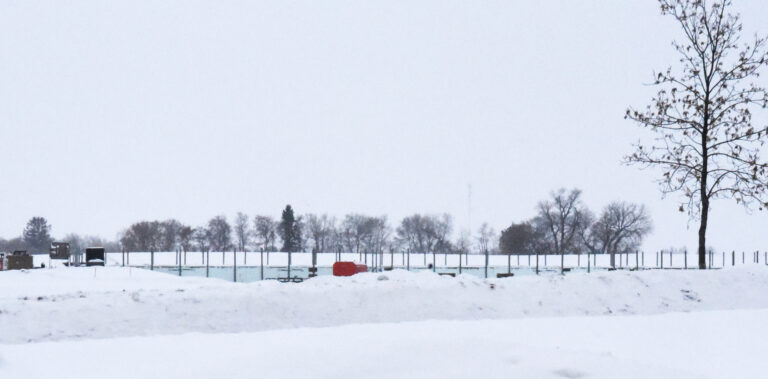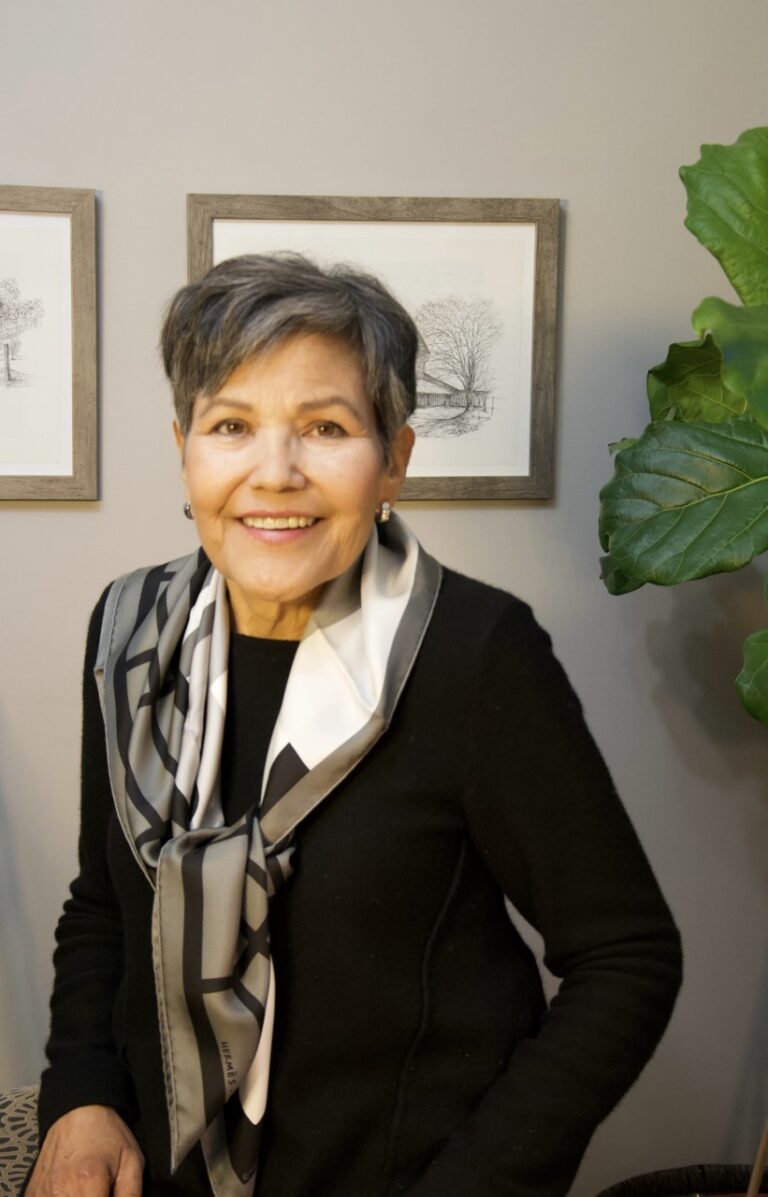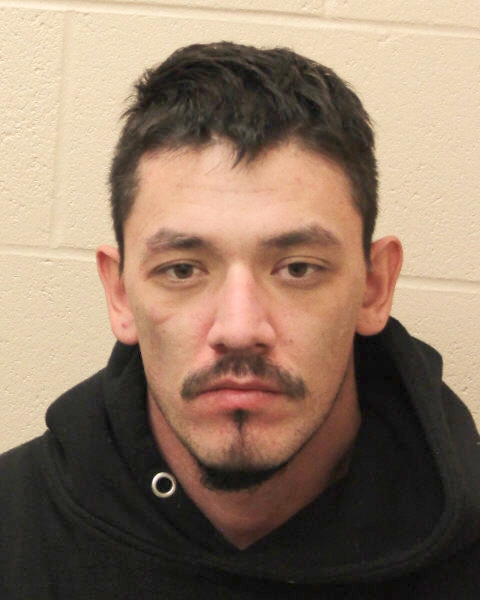In the first update since Dec. 23, the province reported six new cases of COVID-19 in the North Central region and one new death.
With the additional death, 89 people have now died in the North Central zone. Seven people remain in hospital with none in the ICU.
Provincially, 80 people are hospitalized with 16 receiving intensive care. Of the 80 patients, 47 were not fully vaccinated.
One other death was reported in the province in the same time span in the South East zone.
With the six new cases, there are now 53 active cases in the North Central zone.
For vaccines, 114 new doses were reported and 60,070 are now fully vaccinated in the zone.
Provincial highlights are as follows:
As of December 28, there are 896 (single day case counts were: 205 on Dec 24, 241 on Dec 25, 151 on Dec 26, 137 on Dec 27, 162 on Dec 28) cumulative new confirmed cases of COVID-19, bringing the total to 83,558 reported cases
The new cases are located in the Far North West (2), Far North Central (0), Far North East (15), North West (44), North Central (37), North East (4), Saskatoon (262), Central West (20), Central East (75), Regina (229), South West (21), South Central (63) and South East (56) zones and sixty eight (68) new cases have pending residence information
-23 SK residents tested positive out-of-province were added to the case counts in the North Central (from December 17 (1)), Saskatoon (from December 21 (2), December 23 (2), December 24 (1), and December 25 (2)), Central East (from December 22 (1)), Regina (from December 20 (2), December 21 (2), December 22 (1), December 23 (1), December 24 (2), and December 25 (1)), South Central (from December 23 (1), and December 25 (1)), and South East (from December 17 (1), December 22 (1), and December 24 (1)) zones
-10 cases were assigned to North Central (from December 26 (1)), North East (from December 25 (1)), Saskatoon (from December 23 (1), and December 24 (1)), Central East (from December 25 (1)), Regina (from December 23 (1), and December 25 (2)), South Central (from December 25 (1), and South East (from December 22 (1)) zones
-One (1) case was removed from case totals from North West zone on August 30, 2021
83,558 cases are confirmed
-20,107 cases are from the North area (8,931 North West, 8,314 North Central, 2,862 North East)
-20,074 cases are from the Saskatoon area
-16,430 cases are from the Regina area
-10,548 cases are from the South area (2,229 South West, 3,095 South Central, 5,224 South East)
– 9,420 cases are from the Far North area (4,425 Far North West, 541 Far North Central, 4,454 Far North East)
– 6,362 cases are from the Central area (1,487 Central West, 4,875 Central East)
-617 cases have pending residence information
-1,438 cases are considered active and 81,183 cases are considered recovered
-Nearly three-fifths (60.1 per cent of new cases are in the age category of 20 to 39
-Less than one-half (48.7 per cent) of new cases eligible for vaccination (aged 5 years and older) were fully vaccinated
– As of December 28, a total of 80 individuals are hospitalized, including 64 inpatient hospitalizations and 16 ICU hospitalizations. Of the 80 patients, 47 (58.8 per cent) were not fully vaccinated.
-Two new deaths reported today. 947 Saskatchewan residents with COVID-19 have died, with a case fatality rate of 1.1%.
-1,324,030 COVID-19 tests have been performed in the province. As of December 22, 2021, when other provincial and national numbers are available from PHAC, Saskatchewan’s per capita rate was 1,113,380 tests performed per million. The national rate of 1,346,185 tests performed per million. (Please note that the last update on PHAC website was December 22, 2021).
-The 7-day average of new COVID-19 case numbers was 174 (14.4 new cases per 100,000).











